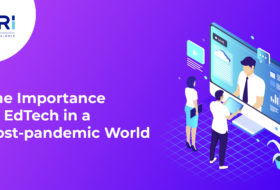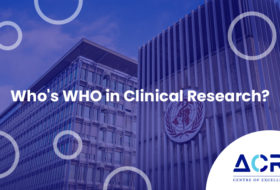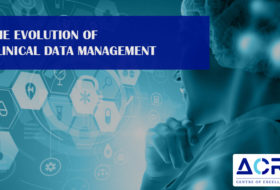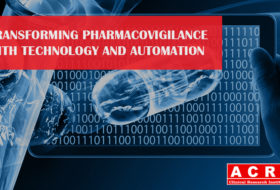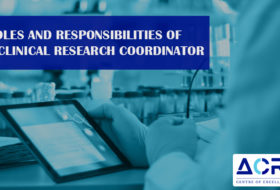With extreme pressure on the clinical industry to reduce costs while exhibiting greater value, the Indian pharmaceutical industry needs to optimize drug development and delivery models, driven by data and new-age technology; and this can only be done by improving R&D efficiency. But, to do so, there is a need for radical reconstruction of the existing drug development ecosystem, which can be acquired by harnessing new digital technologies like AI, IoT, and automation to transform the drug development lifecycle that has been used since years.
Beginning of a technological awakening
The levels of productivity have been falling, the R&D pipeline has been drying, and the clinical trials are becoming increasingly complex. With all of this, technology plays a vital role to gain high economic value for newer treatments, and to enhance efficiencies, by boosting quality and lowering drug development costs.
With the increasing regulations and evolution of the pharmaceutical market over the years, the drug development and discovery industry has evolved as well. Thus, automation and digitization, like AI and machine learning, have proven to be integral parts of the processes. Such advancement in technology has shifted the focus from data generation to data analysis. The biological data is being produced at an exceptional rate today, to gather the relevant insights from which, pharmaceutical companies require faster data analytics systems, which can easily analyze vast amounts of complex data at a pace more speedy than ever before!
Real-world data also enables target-based drug discovery and development procedures today. Thus, it is now possible for pharmaceutical companies to leverage real-world evidence from sources like wearable devices, mobile apps, and electronic medical records for significant insights that can facilitate more medical breakthroughs.
Driving more value
Digital technologies can help companies develop better value proposition by operationalizing the drivers of patient value and achieving significant advances in study methods, which traditional methods cannot deliver. These technologies can unlock medical innovation by improving the way we can work with data. Realizing this, the pharmaceutical industries in India have also been experimenting with digital technologies to integrate them into routine drug discovery and development operations, so that significant value can be delivered to all the stakeholders.
Enhancing efficiencies
Automation technologies can radically fast-track compound screening and other aspects of R&D, while also boosting efficiencies. Significant benefits in terms of quality and compliance can also be achieved by utilizing the latest emerging technologies that can help us better capture better data, thus making us smarter and more efficient in the ways that we approach drug development. Hence, investing in the right technologies can help shorten cycle times by speeding up the delivery of information, thus accelerating the path to progress for pharmaceutical companies.
Boosting quality
With the help of the latest technologies like AI and IoT, the drug development industry is getting rapidly modernized and impacting delivery quality significantly. Using real-time process analytical tools helps to optimize delivery without any deviations. Therefore, if such technologies are applied at every step of the value chain, it can augment the overall quality and compliance of pharmaceutical products, while optimizing and accelerating the bench-to-bedside process of crucial medicines.
Cost reduction
The traditional drug development takes somewhere around 10-15 years and hundreds of crores of rupees for a medicine to reach the market! Moreover, the cost for developing a new drug doubles once in every decade. But, with the pressure to make drugs affordable, it is imperative to bring down these costs of drug development. And, the only solution to this is by harnessing technological advancements to bring down the associated costs of drug discovery and development.
Undergoing such a digital transformation is a great step, but is equally complex, lengthy, and resource-intensive. Pharmaceutical companies and CROs will need to overcome several challenges to realize the potential of digital technologies in clinical development. It is the CROs’ responsibility to enable such transformation by advancing inter-operable digital platforms and testing promising technology applications.
You can see how important the role of a CRO is. You can also attain powerful and responsible positions in top CROs, Bio-techs, and pharmaceutical companies by undertaking professional clinical research diploma courses in Bangalore from a reputed institute like Avigna Clinical Research Institute.





